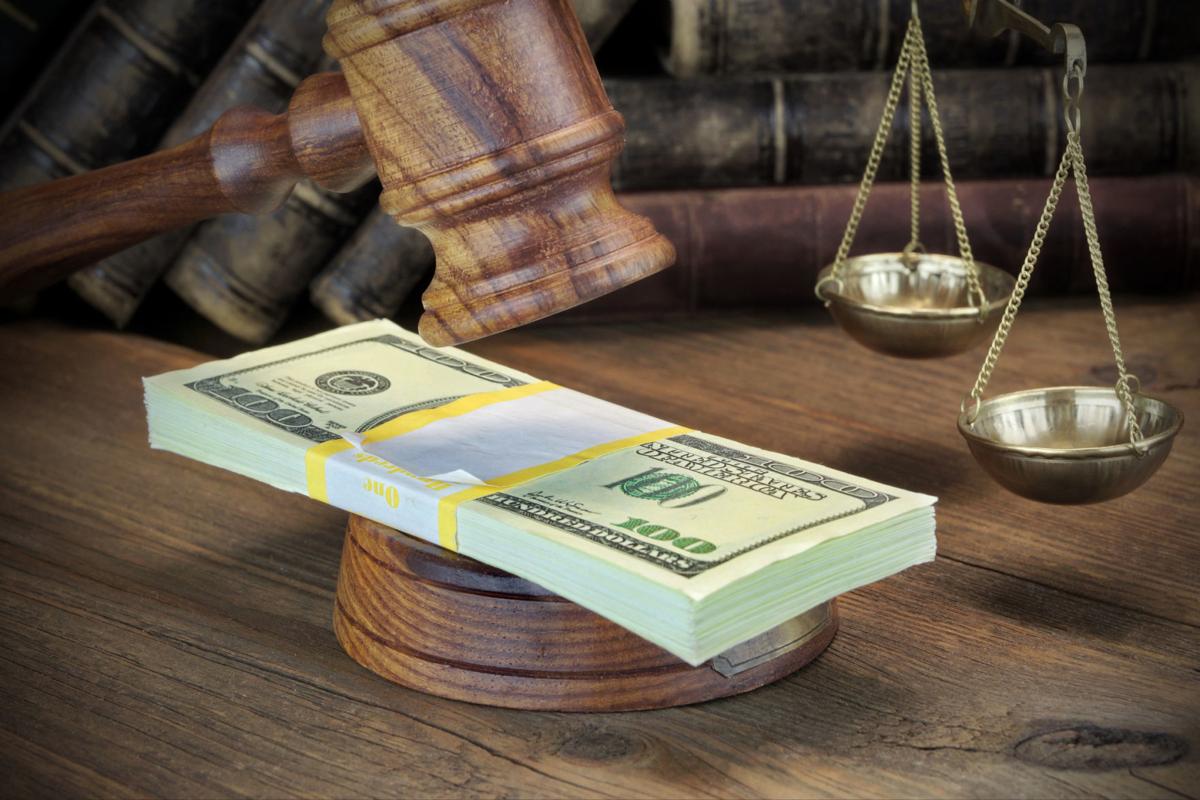PHOENIX — Hospitals that accept payment from the state’s Medicaid program can’t then try to collect more by going after money owed to the patient, the state Court of Appeals ruled Tuesday.
In a precedent-setting ruling, the judges voided sections of state law that specifically allow hospitals to impose financial liens when the amount paid by the Arizona Health Care Cost Containment System doesn’t cover what they say are the full bill charges.
Appellate Judge Diane Johnsen, writing for the unanimous three-judge panel, said the practice — and the Arizona statutes that have until now allowed it — violate federal law.
Tuesday’s ruling is a victory for more than 50 patients who found that the hospitals that provided their care were now trying to seize money due to the patients. Attorney Lance Entrekin said that includes situations where the patient was in an automobile accident and was entitled to collect money from the person responsible.
On the losing side are close to three dozen hospitals named in the lawsuit which had, until now, been trying to collect extra cash.
Ann-Marie Alameddin, general counsel for the Arizona Hospital and Healthcare Association, said hospitals have historically used liens, permitted by state law, to make up for the care they provided to patients without insurance.
“We are still grappling with this very issue at the state and federal level and need to find solutions so patients can get the right kind of care at the right time,” Alameddin said in a written statement. She did not address the specific question of filing liens on patients who do have insurance through AHCCCS.
AHCCCS provides free or low-cost medical coverage for those of limited income. The medical providers that have contracts with AHCCCS agree to accept what it offers in payments.
What has been clear is that hospitals cannot engage in “balance billing,” going after the patient for what AHCCCS does not pay.
But the hospitals claimed that state law specifically permits them to impose a lien —essentially a claim — on any funds that may be due the patient from someone who was responsible for causing that person’s injury.
Johnsen, however, cited a higher power: federal laws and regulations. And she said the same federal rules that bar hospitals from directly billing patients for what AHCCCS does not pay also bar them from imposing a lien on money the patient may be due, no matter what state law permits.
She said if others caused the accident or injury, any money they owe the patient is the person’s property.
“Just as the hospital may not seize a patient’s car or impose a lien against the patient’s home, the hospital may not use state lien laws to seize the patient’s tort recovery,” the judge wrote.
Johnsen also made it clear that nothing in this ruling precludes AHCCCS itself from filing a lien against a third party who caused the incident to recover the money it paid for the patient’s care.
Entrekin said the difference is that when AHCCCS goes after money owed to someone it is trying to recoup public dollars paid for the patient’s care.
By contrast, he said, if a hospital seeks additional dollars from a third party, it is not doing so to reduce the financial burden on AHCCCS. Instead, Entrekin said, it enriches the hospital by providing it more than the amount it agreed to accept in treating AHCCCS patients.
The appellate ruling does more than affect the patients who filed the original lawsuit nearly a decade ago. It also upholds an injunction issued against the hospitals by the trial judge precluding them from engaging in similar billing practices in the future.





